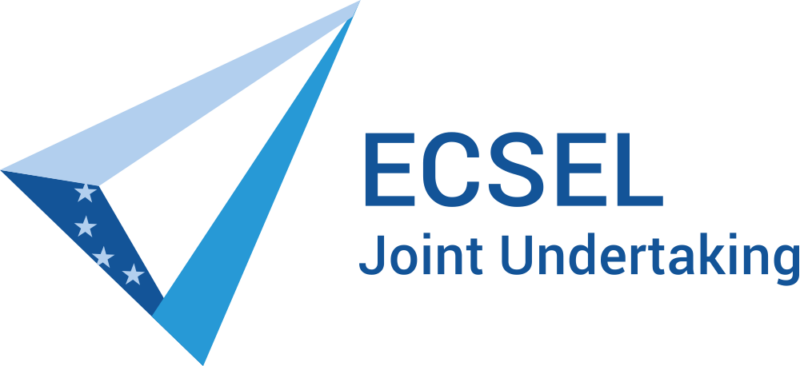Impact of Temperature Cycling Conditions on Board Level Vibration for Automotive Applications
Varun Thukral, Irene Bacquet, Michiel van Soestbergen, Jeroen Zaal, Romuald Roucou, Rene Rongen, Willem D. Van Driel, GuoQi Zhang
Abstract: Board level vibration testing is a commonly used method to predict the solder joint reliability of surface-mounted components seated onto printed circuit boards (PCB). Current board level vibration test methods are mainly developed from a solely mechanical stress application standpoint. This makes such stress tests one dimensional in nature and translation from experimentally obtained test results to the field life of components experiencing combined stress environments become ambiguous. This investigation provides insights to develop a highly accelerated vibration test approach to cover simultaneous vibration and temperature loading situations in the field. In this paper, test board layouts from the board level drop test method, JESD22-B111 (rectangular PCB), and JESD22-B111A (square PCB), prescribed by the Joint Electronic Device Engineering Council (JEDEC), are used to understand the combined stress applied to the solder interconnects. The evaluation process is carried out by means of simulations, supported by targeted experiments on ball grid array (BGA) packages with dimensions sizing from 12x12mm to 15x15mm. The results on rectangular test board assembly show reduced characteristic lifetime of solder joints when stressed under combined temperature-vibration test conditions. On the other hand, the square-shaped board type exhibits a different acceleration factor with a longer solder fatigue lifetime than that of the rectangular-shaped PCB type. Finite element simulation results complement well with this finding.
Impact of Temperature Cycling Conditions on Board Level Vibration for Automotive Applications




